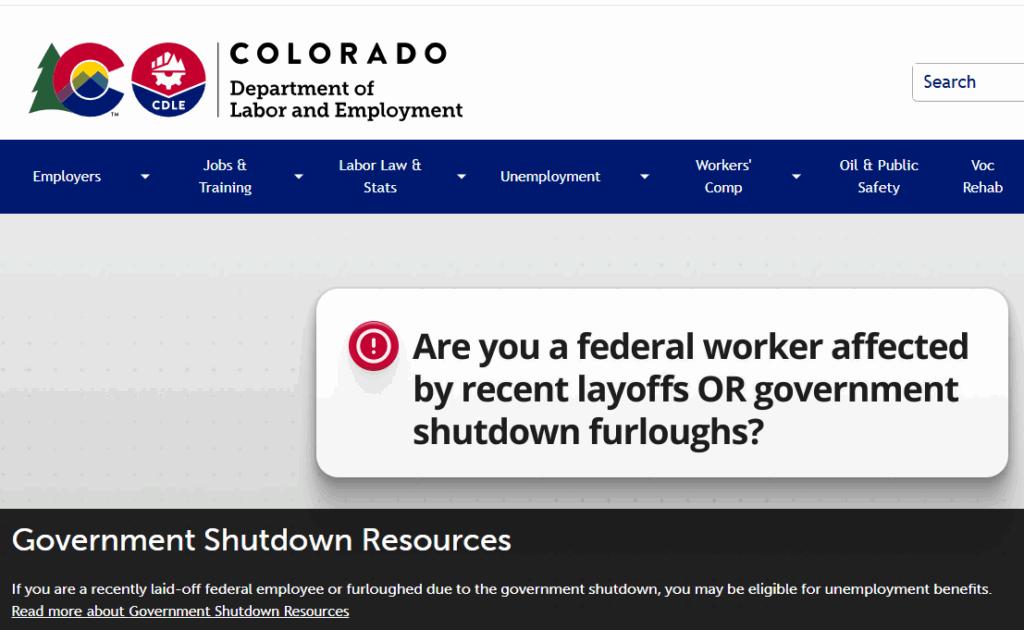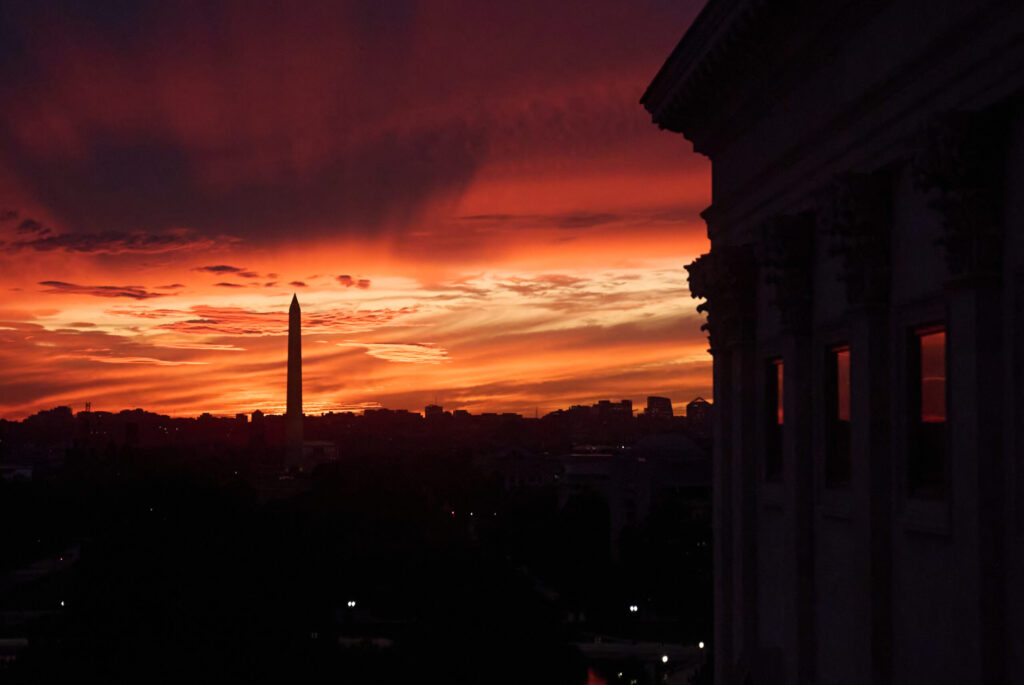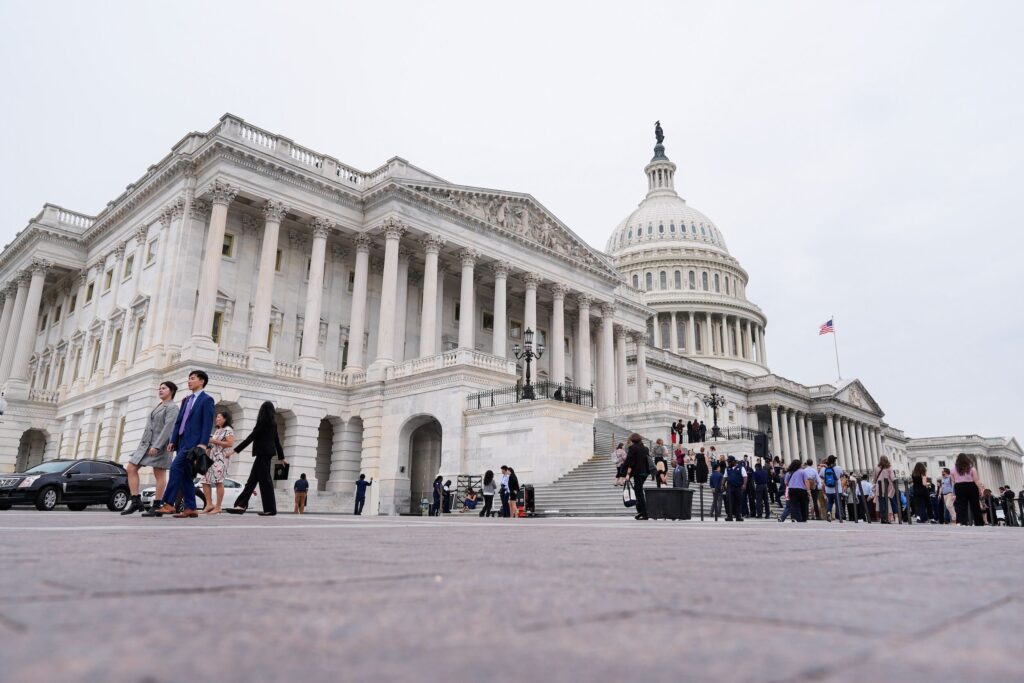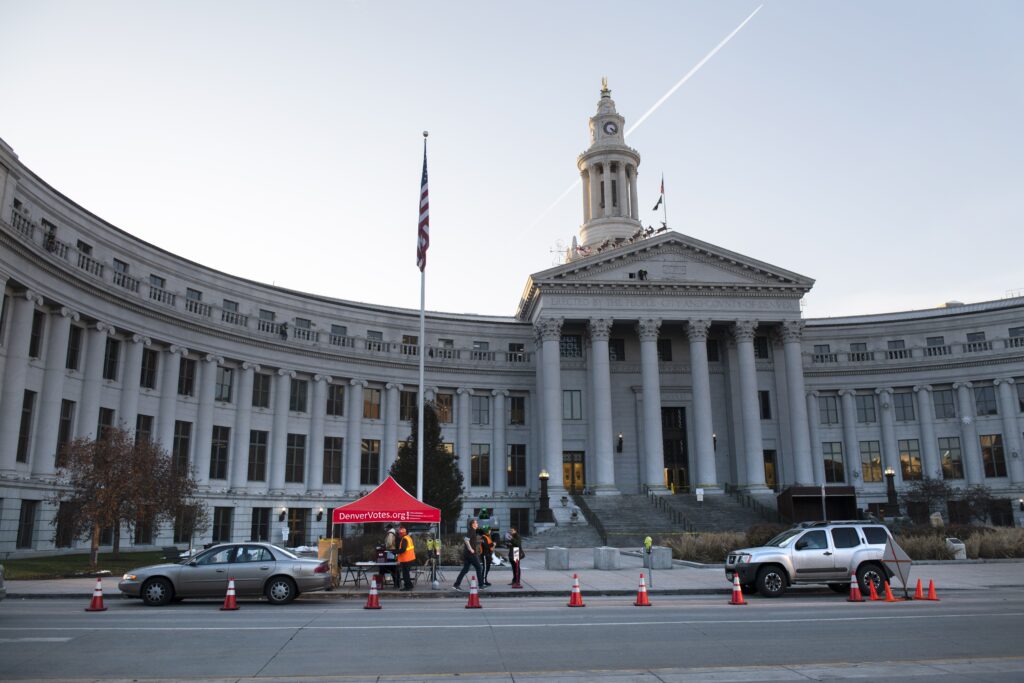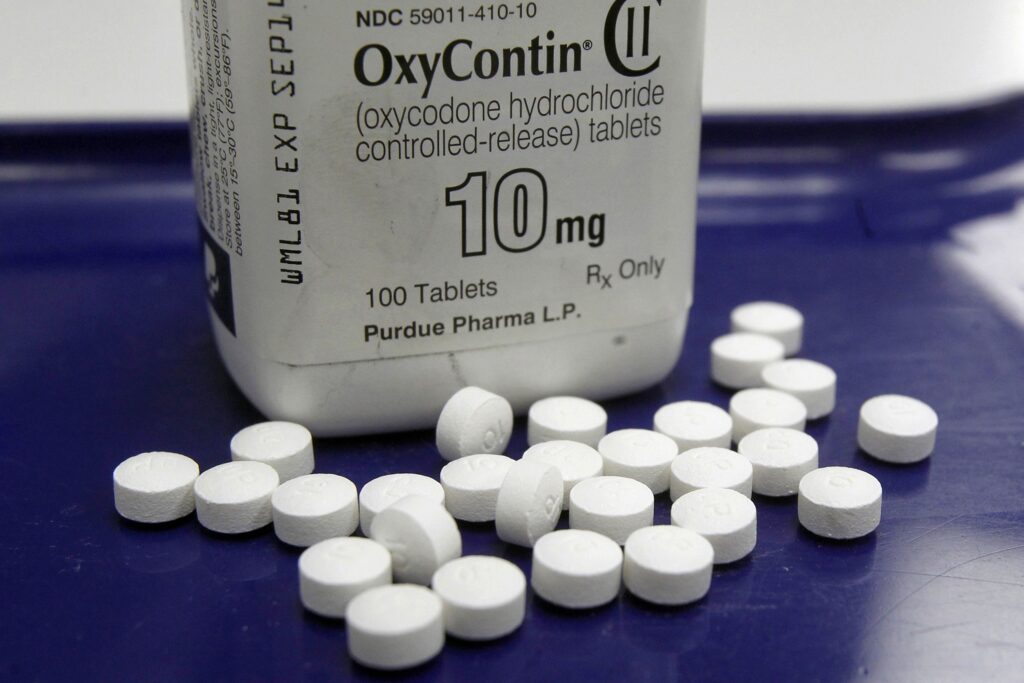Colorado transportation funding faces winding road ahead

Colorado’s dance over dollars for transportation didn’t end on Election Day, when voters crushed two ballot questions that could have put billions into roads.
Voters, by roughly 20-point margins, said they didn’t want to raise the state sales tax to raise $6 billion for transportation improvements, and, separately, opposed borrowing $3.5 billion and paying it back from tax revenue already in the state budget.
Last legislative session, however, lawmakers passed Senate Bill 1, which will again ask voters next year to approve borrowing money and paying it back from taxes already in the state budget.
See the problem? And it’s not clear yet who, if anyone, will step up with millions of dollars again to ask voters in 2019 to approve something similar to what they rejected 12 months earlier.
Meanwhile, state officials project Colorado needs $9 billion in transportation improvements over the next decade to keep up with growth.
“I don’t know how they put this all back together,” said Greg Fulton, president of the Colorado Motor Carriers Association, about finding a long-term transportation funding plan.
In January, the legislature again will debate over dollars to fill potholes and untangle traffic jams versus paying for schools and social safety nets. Those are the trade-off Democrats have outlined in the funding debate for years, and now Democrats are completely in charge of the General Assembly and the governor’s office.
And they’re veering left toward alternative transportation, lower emissions and less asphalt.
What gets paid for and how it gets financed is very much in play:
The 2019 legislative session will give Democrats the chance to exert their will in ways they couldn’t when Republicans controlled the Senate and Democratic Gov. John Hickenlooper demanded bipartisanship, if not consensus, on such bills he would support.
In the new political paradigm, advocates for local mass transit and bike lanes will have more clout than ever to get to get a piece of the action.
Message from voters
On Election Day, Colorado voters proved again they’re averse to new taxes and state going into debate, no matter how long commuters and commerce stall out in traffic.
> RELATED: Senate sends transportation funding bill to the governor
Proposition 109 – backed by the libertarian Independence Institute – would have allowed the state to borrow $3.5 billion and pay it back from the existing state budget, without a tax hike. Proposition 110 – backed by the Denver Metro Chamber of Commerce and various civic groups – would have raised the state sales tax 21 percent to pay for state, local and alternative needs across the state. It. too, was a big loser.
After the election, Rachel Beck, the government guru for the Colorado Springs Chamber & EDC, noted that a year ago, the chamber and the Denver-based business advocacy coalition Colorado Concern did statewide polling on various transportation solutions.
“There’s just no funding solution voters like,” she said. “Nothing gets over 50 percent – not gas tax [increases], not sales tax or even clever things we could put together. I think we’re all going to have to go back to the drawing board and be very creative about how we fund transportation.”
Moreover, some leaders, including Colorado Springs Mayor John Suthers and Gov. John Hickenlooper, mused in conversations with Colorado Politics about whether those asking voters for money are thinking too broadly, trying to package too many projects in one request.
Voters might have been willing to approved a proposal focused solely on frustration with interstate traffic jams. Instead, Proposition 110 would have put less than half its proceeds into the Colorado Department of Transportation’s highway to-do list. The rest would have gone to local governments and for “multi-modal” non-road projects that weren’t defined.
While the Denver Metro Chamber was pushing for the state sales tax hike, the Colorado Springs chamber favored revenue that has some nexus to transportation, perhaps a higher gas tax or a proposal to do away with huge tax break on license plates on vehicles 10 years or older.
There has been a resistance to raising the gas tax paid when filling up at the pump, which hasn’t gone up since 1992, because it’s a diminishing source of revenue as vehicles get better mileage and electric motors replace combustion engines.
Tweaks are coming
Democratic state Sen. Rachel Zenzinger of Arvada and Republican Sen. John Cooke of Greeley fought hard to help craft Senate Bill 1, the transportation bond measure, last spring. Next year, with a shift in the legislature’s power dynamic in favor of Democrats, the changes could include how the legislation is crafted.
Zenzinger said she’s not in favor of changes because the deal on the table is “fine the way it is.”
But in the last session, she and fellow Senate Democrats were in the minority in the 35-member chamber. Now they’re the majority.
“Circumstances have changed, and I’m OK with looking at it and saying, ‘Is this the right solution?'” Zenzinger said.
If either transportation funding ballot question had passed last week, the bond issue to fund transportation authorized by SB 1 would have been moot, beyond the state budget chipping in $50 million a year to CDOT.
Because neither passed, the bill now calls for placing a question on the state’s November 2019 ballot asking voters to give permission to borrow money for transportation and repay it with $150 million a year from the state budget.
As part of the deal, the legislature put half of a $1 billion budget surplus directly into transportation in the current budget. The state will add $150 million from the next budget.
Elusive goal
Then there’s legislation lawmakers passed last year, another overlapping attempt to fund transportation.
The new batch of funding approved in the spring relies in part on the $1.9 billion, 20-year plan approved by the legislature in 2017.
Senate Bill 267 in 2o17 was a legislative compromise in which Republicans gave ground on a hospital fee that had been counted against the state’s constitutional government spending cap, freeing up more money for transportation and other uses.
Reshuffling that deck has some worried about what will get lost in government translation and whether the spirit of the deal Republicans struck last year will be sustained by the Democrats who will soon be in charge.
“Funding transportation remains an elusive goal,” said Sandra Hagen Solin, the statehouse leader for a statewide business coalition called Fix Colorado Roads, a primary driver of the discussion for years. “Few available options are left as voters are not satisfied with a sales tax increase to fund the needs and fail to appreciate the value of bonding.”
She has been reminding Gov.-elect Jared Polis that he said transportation is a priority and he would convent a broad list of leaders to find solutions from the remaining options.
“Those include a rework of the Senate Bill 1 trigger to better reflect its interaction with SB 267, identifying revenue sources that are attainable, or, lastly, encouraging regional solutions to provide matching funds to address regional state highway and local priorities,” she said.



